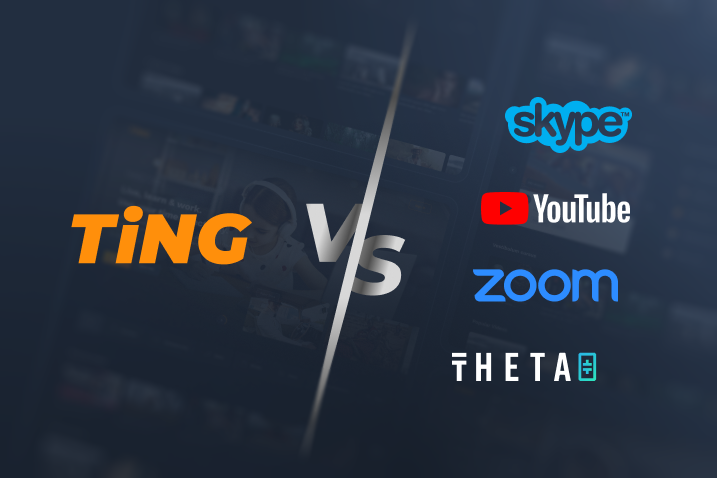With the introduction of spot cryptocurrency ETFs in January 2024, there are now more opportunities than ever to dip into the world of cryptocurrencies and expand your trading portfolio. Traders who had previously thought the underlying prerequisites behind crypto trading (such as wallet generation, storage, etc.) were a hassle can now circumvent the entire process by investing in an ETF.
But What Are ETFs?
Exchange-traded funds, or ETFs, are a type of security that tracks the performance of one or more assets or commodities. In the case of cryptocurrencies, the ETFs are backed by a certain cryptocurrency by holding an equivalent amount of a given coin to back every share of the ETF.
For example, spot Bitcoin ETFs purchase a certain amount of Bitcoins, which a custodian holds in a secure cold storage (or air-gapped) wallet. The ETFs then issue shares that are backed by he Bitcoins held by the fund. Unlike traditional Bitcoins, these shares can then be traded on a traditional stock exchange.
These ETFs make investing and trading Bitcoin easier. It is much simpler to buy and sell an asset tied to Bitcoin's current value without actually owning and storing the currency itself.
Should you consider directly owning crypto anyway?
You’re probably already well aware that there are some caveats with ETFs and that every investment decision has its own pros and cons. We hope to outline some of those pros and cons in this article so that you may make an informed decision in the future.
ETF Management:
For starters, ETFs are overseen by professional fund managers who simplify the investment process by handling the buying, selling, and custody of a given cryptocurrency. This lowers the amount of work that investors have to do to maintain their investments, but it also comes at considerable management fees that will reduce your overall returns.
On the other hand, outright owning Bitcoin gives you a higher level of control and flexibility and ensures that your overall returns are not lowered by management fees. However, the management and storage of Bitcoins comes at its own risks, as properly managing cryptocurrencies requires specialized knowledge.
Security & Risk:
By employing complex third-party solutions, ETFs typically provide a higher level of security for your assets. In turn, this reduces the risk of theft and loss, but it also means that you do not have direct custody over the assets you purchased.
On the other hand, owning Bitcoin directly ensures that you have full control over your assets, but there is a substantial risk of theft and loss involved when you’re storing and protecting your assets without a third-party service provider.
Trading
ETF shares are only traded on major stock exchanges, providing high liquidity with the caveat of only trading during regular market hours. These regulations ensure further protection for investors, but trading is limited to stock exchange hours, as opposed to the 24/7 trading of cryptocurrency exchanges.
So, once again – ETFs provide additional protection and regulation for the investor but restrict them in other aspects (such as possible trading hours).
In Conclusion
The choice between ETFs and direct ownership depends heavily on the investor’s risk tolerance, need for control, and safety concerns. As outlined in the above segment, there are numerous pros and cons for each of the alternatives, but ultimately, the choice lies in the nature of the trader.
Whether you choose an ETF or direct ownership, there is no better time to dip your toes into the fascinating world of cryptocurrencies.







